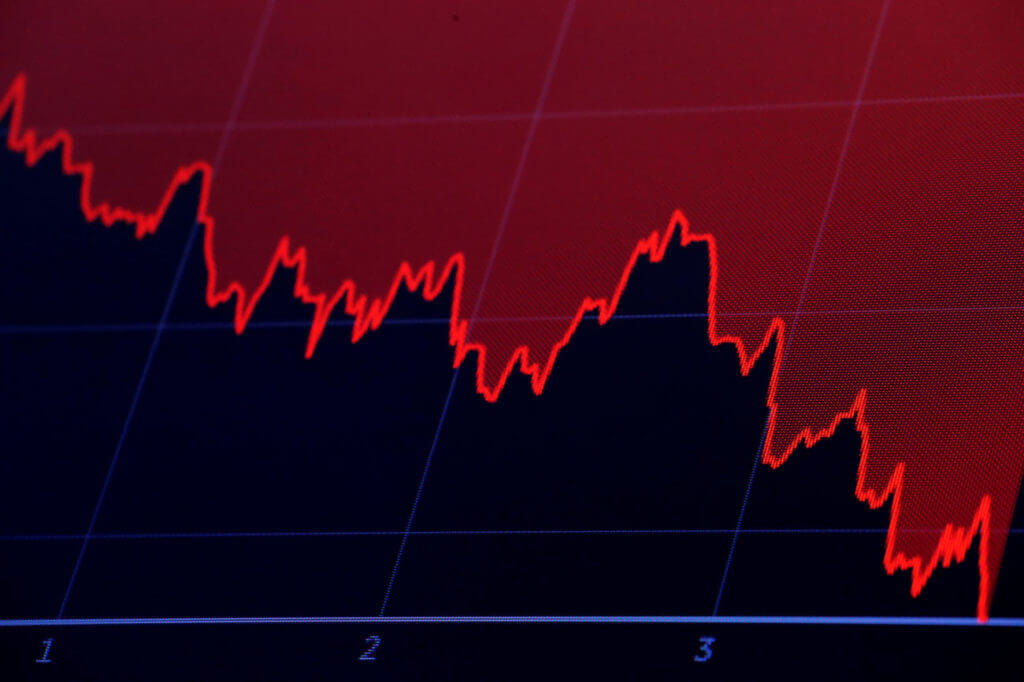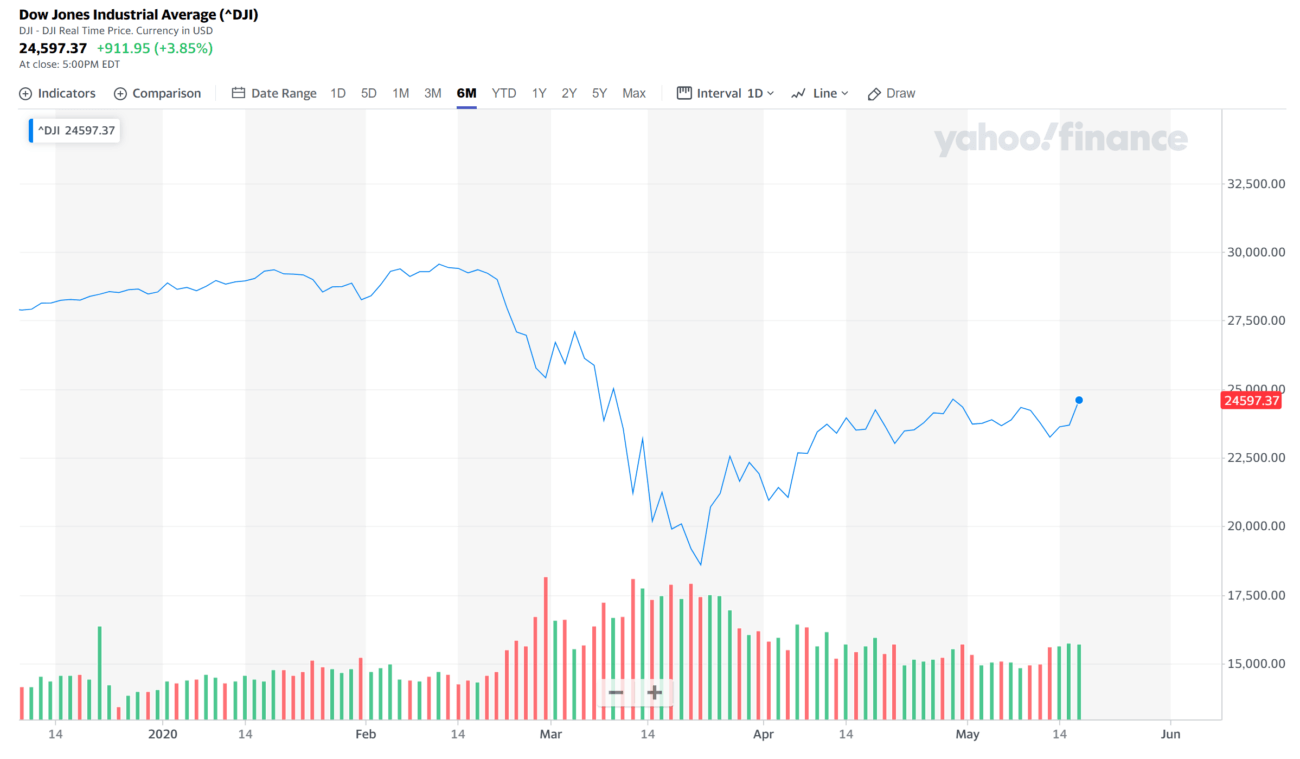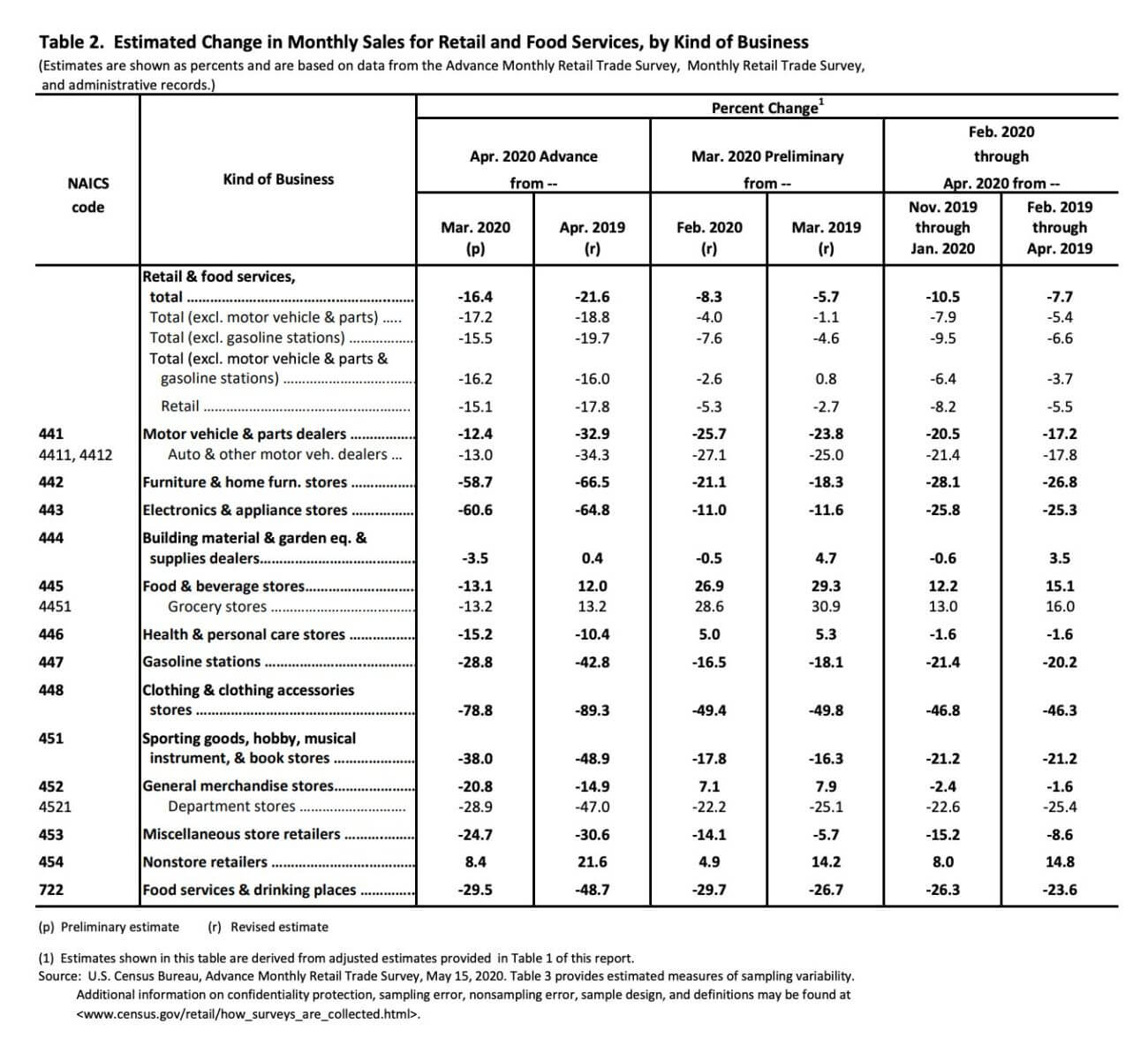3 Reasons Why the ‘Greed’ Rally Courts a H2 2020 Stock Market Disaster

Billionaires and their smart money continue to sit out this retail investor-driven stock market. | Source: REUTERS/Brendan McDermid/File Photo GLOBAL BUSINESS WEEK AHEAD
- The U.S. stock market is surging, but lack of spending and record-high optimism leaves it vulnerable to a correction.
- Swiss pharma giant Novartis CEO re-emphasized that a vaccine is not likely to be ready in 24 months.
- A stock market researcher warns there is no money in the equities market.
The U.S. stock market is rallying off of positive developments in the testing of a new coronavirus vaccine. Despite rising optimism, dropping consumer spending, warnings from pharmaceutical CEOs, and record-high levels of greed leave stocks vulnerable to a major correction.
The Dow Jones Industrial Average (DJIA) rose by 3.85% on May 19 as investors increasingly bet on the production of COVID-19 vaccines by the year’s end.

Factor #1: Consumer Spending is Dropping
According to the official data released by the U.S. Department of Commerce, consumer spending of Americans dropped off substantially since April.
Consumption of furniture, electronics, and clothing declined by 66.5%, 64.8%, and 89.3% respectively.
The main reason behind such a large decline in consumer spending across all industries is the closure of offline stores and malls.
The sudden shift in the trend of households to save as much cash as possible in the short-term is adding to the pressure of retailers and product distributors, as well as the U.S. stock market in general.
Russell Price, Ameriprise Financial chief economist, told CCN.com:
Consumers are very cautious. We’re right in the middle of the storm.
Official data from the Bureau of Economic Analysis show personal savings rate in March increased to 13.1% , nearing levels unseen since the 1980s.

If consumers continue to demonstrate this trend of aggressive cash hoarding and lackluster spending, it presents a significant threat to retailers, thus slowing down the ongoing stock market rally.
#2: Pharma CEOs Previous Warned Vaccines Won’t Be Made Soon
On May 15, amidst positive developments on coronavirus vaccine tests in Germany and the U.S., Swiss pharmaceutical giant Novartis CEO Vas Narasimhan said coronavirus vaccines will take two years to be distributed.
Even if the results of clinical studies and human trials are available by the end of July and everything goes as planned, Narasimhan noted that a vaccine is unlikely to be available within 24 months.
He said :
If everything goes as we hope, it will take 24 months before we have a vaccine.
The U.S. stock market is seemingly pricing in the production of a coronavirus vaccine before the year’s end. But, if vaccines take as long as 24 months as warned by Naramsimhan, it may catalyze a steep downtrend in the stock market.
Moderna, Pfizer, BioNTech, and other major pharmaceutical corporations in Asia are focusing on the creation of vaccines.
The stock price of Moderna and BioNTech jumped by around 19.96% and 21.58% respectively in the last 24 hours as hopes for vaccines intensified.
#3: “Be Fearful When Others Are Greedy”
Warren Buffet of Berkshire Hathaway, Mark Cuban, and Paul Tudor Jones among other billionaires have taken a more cautious stance in recent weeks toward the U.S. stock market.
Jeffrey P. Snider, partner at Alhambra Investments, says it is due to a lack of capital into the stock market.
Retail investors are demonstrating extreme levels of greed as the stock market extends its uptrend.
But, in a paper, Snider explained that there is “no money in the stock market,” maintaining a sceptical stance towards the equities market.

Snider wrote :
The world outside the NYSE just doesn’t run on fairy tales. It’s more than fly in the ointment, a flaw in the plan. Since the early thirties, it’s just nuts.
As the optimism around vaccines start to subside, unemployment levels do not recover, and consumer spending continues to decline, the U.S. stock market is expected to see a downtrend.